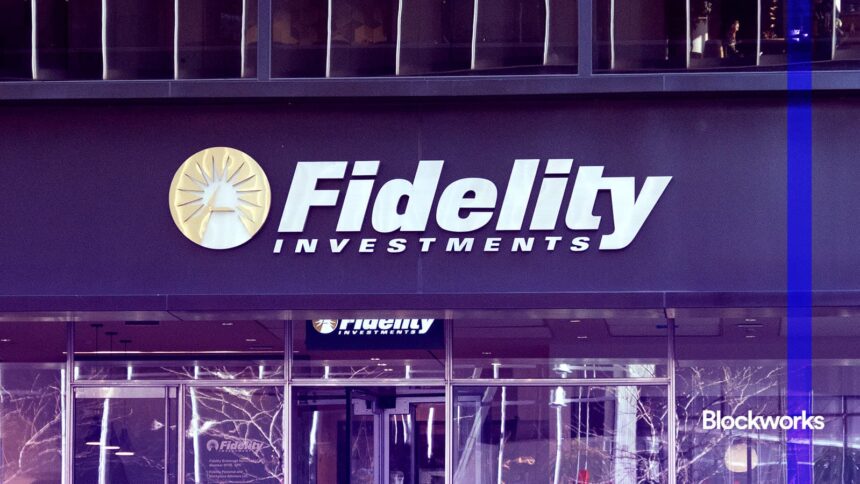A recent filing by Nasdaq has rekindled excitement in the finance community regarding the potential of tokenization to revolutionize traditional financial markets sooner than anticipated. In its proposal to the Securities and Exchange Commission (SEC), Nasdaq aims to enable firms and investors to tokenize the equity securities and exchange-traded products (ETPs) they currently trade.
This initiative would allow market participants to choose a tokenized form for clearing and settling their trades via the Depository Trust Corporation (DTC) upon inputting their orders. Nasdaq has highlighted that these tokenized securities are “technologically distinct” from the conventional securities currently traded. The benefits of adopting blockchain technology include faster settlement times, enhanced audit trails, and more efficient transaction processes. Despite this technological distinction, Nasdaq assured that both tokenized and traditional shares will maintain the same value, rights, benefits, and market identification numbers.
The integration of digital assets into Nasdaq’s framework is seen as a pivotal advancement for financial innovation, emphasizing the importance of maintaining stability, fairness, and investor protection, as stated by the exchange’s Vice President for North America. Ian De Bode, Chief Strategy Officer at Ondo Finance, echoed this sentiment, suggesting that blockchain technology can significantly improve traditional market structures while preserving their trustworthiness. De Bode remarked, “The same rails that gave people global access to the US dollar will now give global access to US capital markets.”
This latest move comes shortly after SEC Chair Paul Atkins announced “Project Crypto,” aimed at facilitating the transition of U.S. financial markets onto blockchain platforms. Following this proclamation, the SEC made joint statements with the Commodity Futures Trading Commission (CFTC), pledging to encourage innovations in the finance sector.
In parallel developments, Fidelity has also embraced tokenization as a future-focused strategy. In December, the firm rolled out its Treasury Digital Fund (FDIT), followed by a filing for its OnChain share class in March. This allows Fidelity to operate with both traditional book-entry forms and blockchain technology, recording share ownership on Ethereum; the share class became operational last month.
FDIT marks Fidelity’s inaugural tokenized investment product, joining the ranks of industry giants like Franklin Templeton and BlackRock. FDIT now manages approximately $200 million, while significant players like BlackRock’s BUIDL, WisdomTree’s WTGXX, and Franklin Templeton’s BENJI collectively manage more than half of the $7.4 billion tokenized treasury market.
By introducing FDIT, Fidelity aims to establish more efficient systems and foster interoperability between traditional investment frameworks and blockchain investors. Cynthia Lo Bessette from Fidelity noted the long-term vision of integrating tokenized assets into market infrastructure, anticipating significant shifts in market structures that could present new investment opportunities and allow for more personalized portfolio choices.
As Nasdaq pursues its tokenization objectives and as more financial entities align with this innovative direction, it appears a fundamental shift in the financial landscape is on the horizon.






